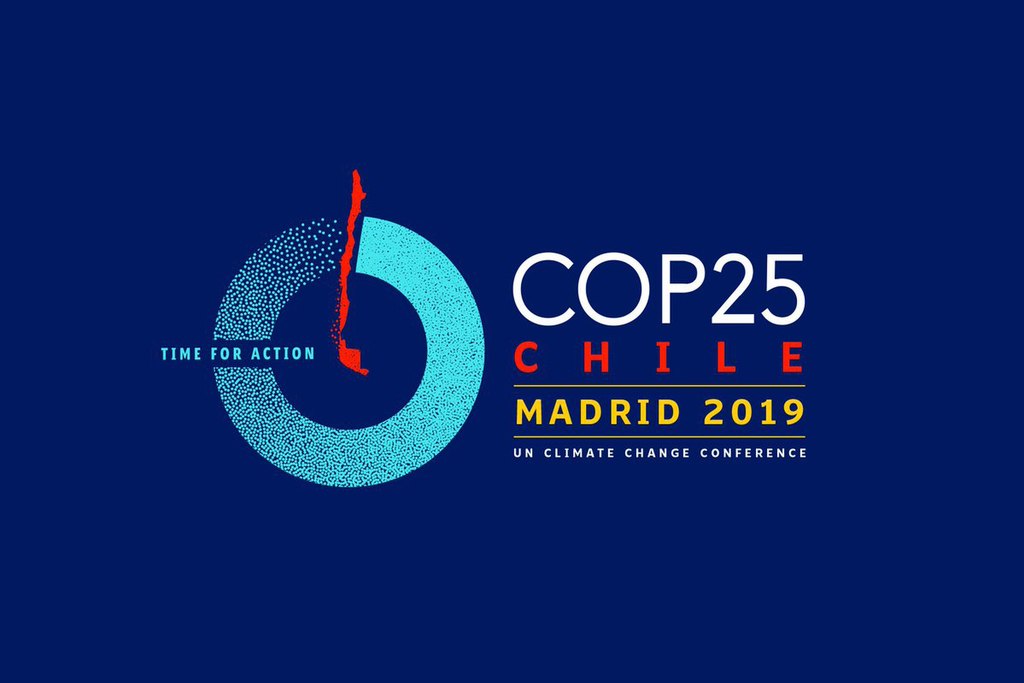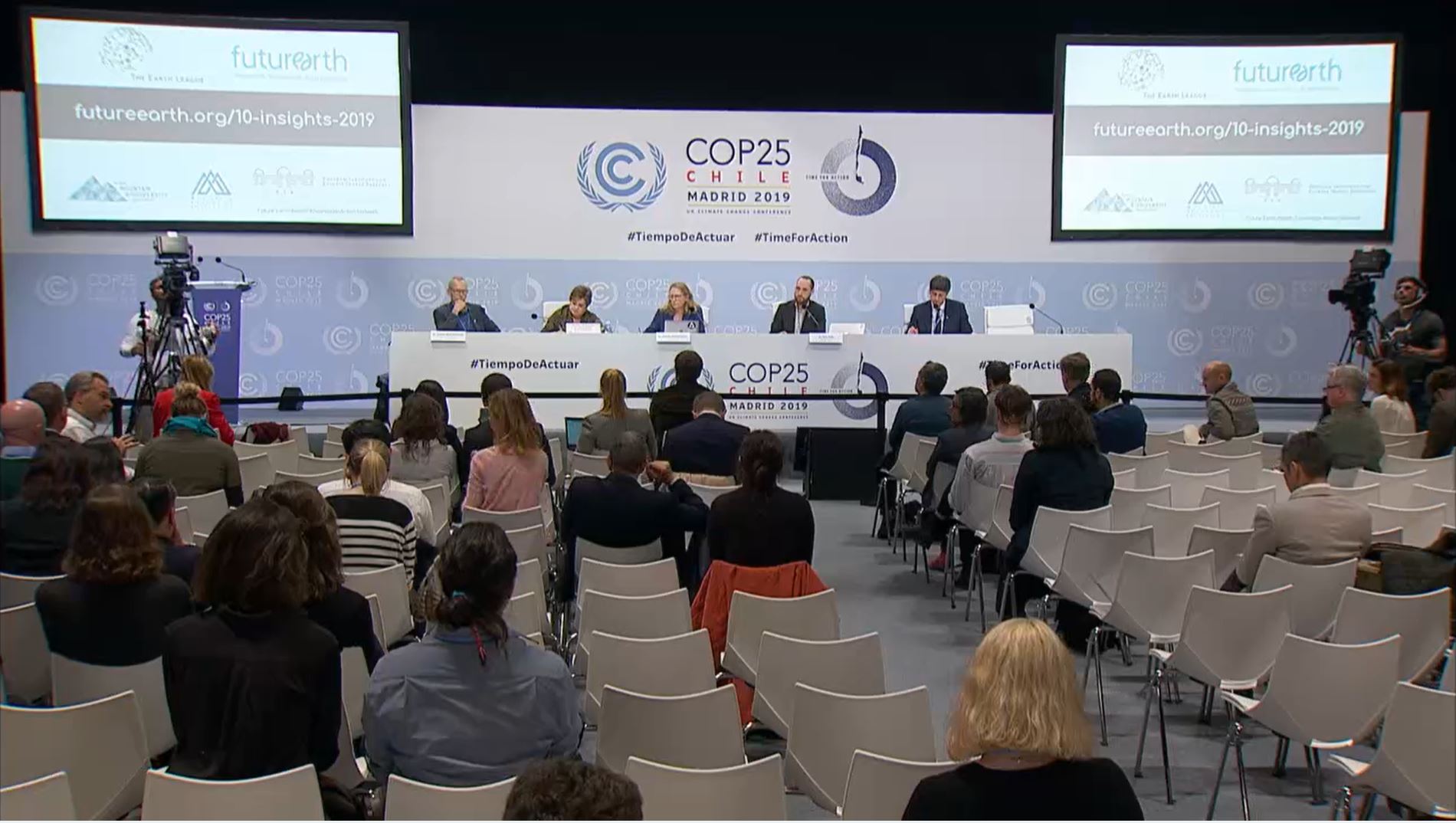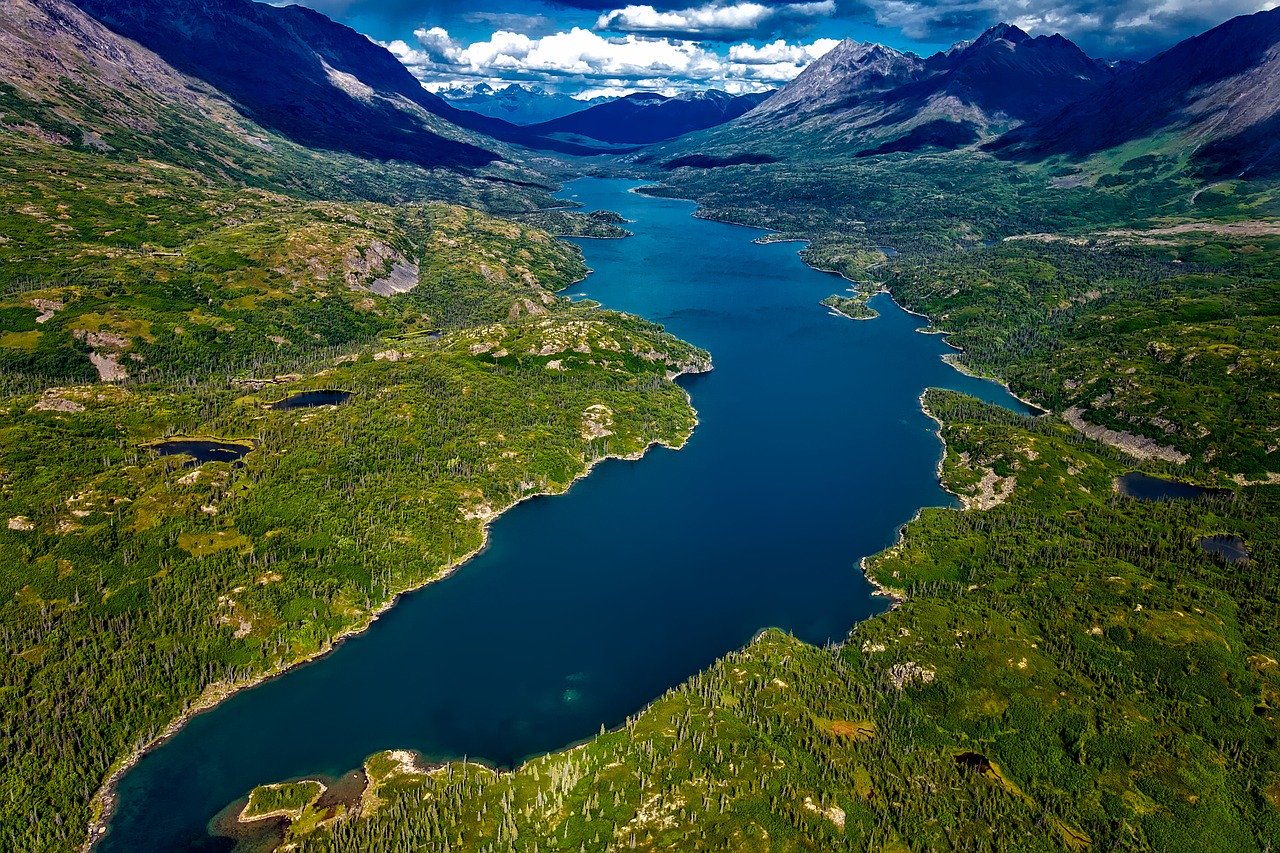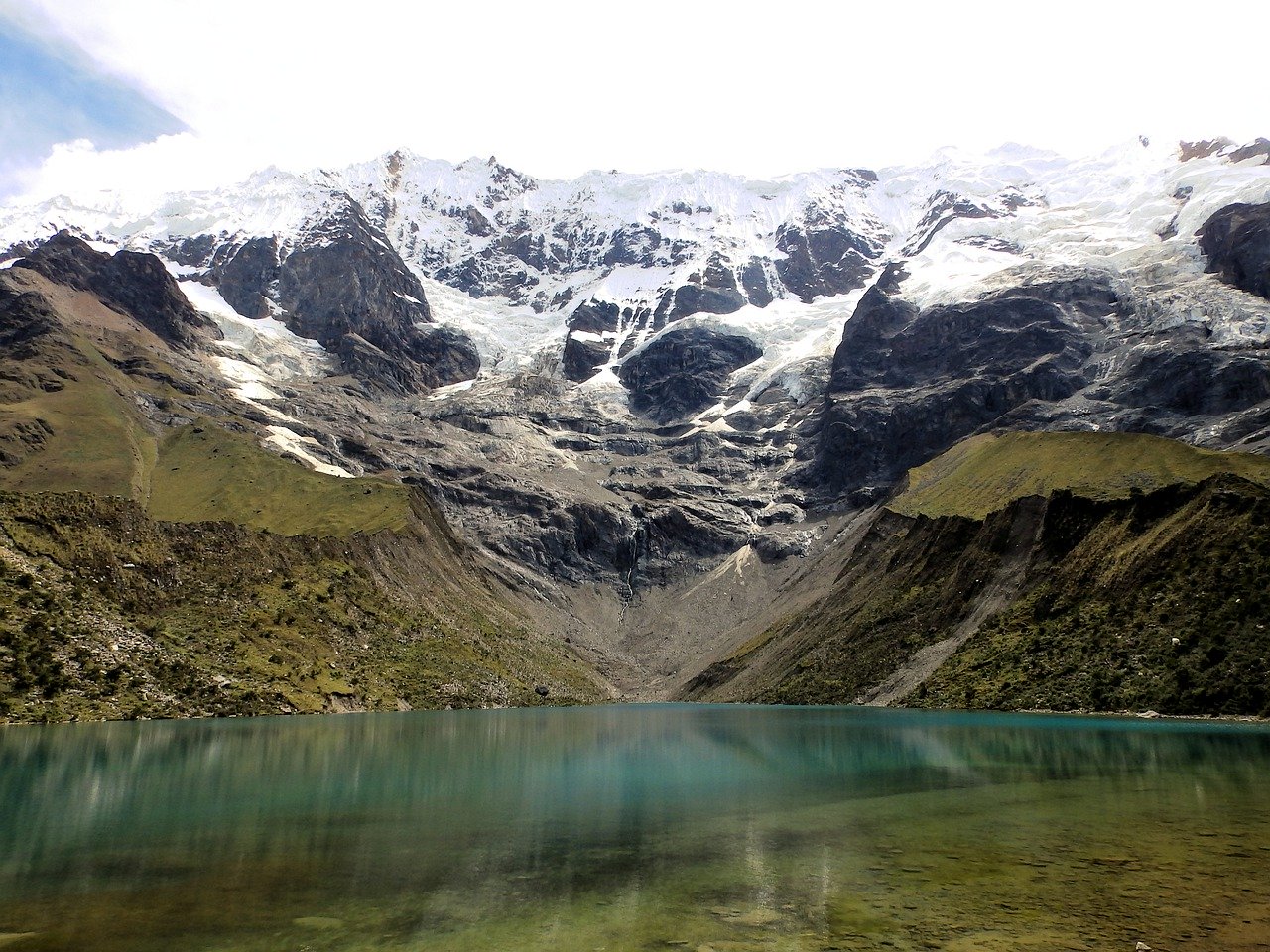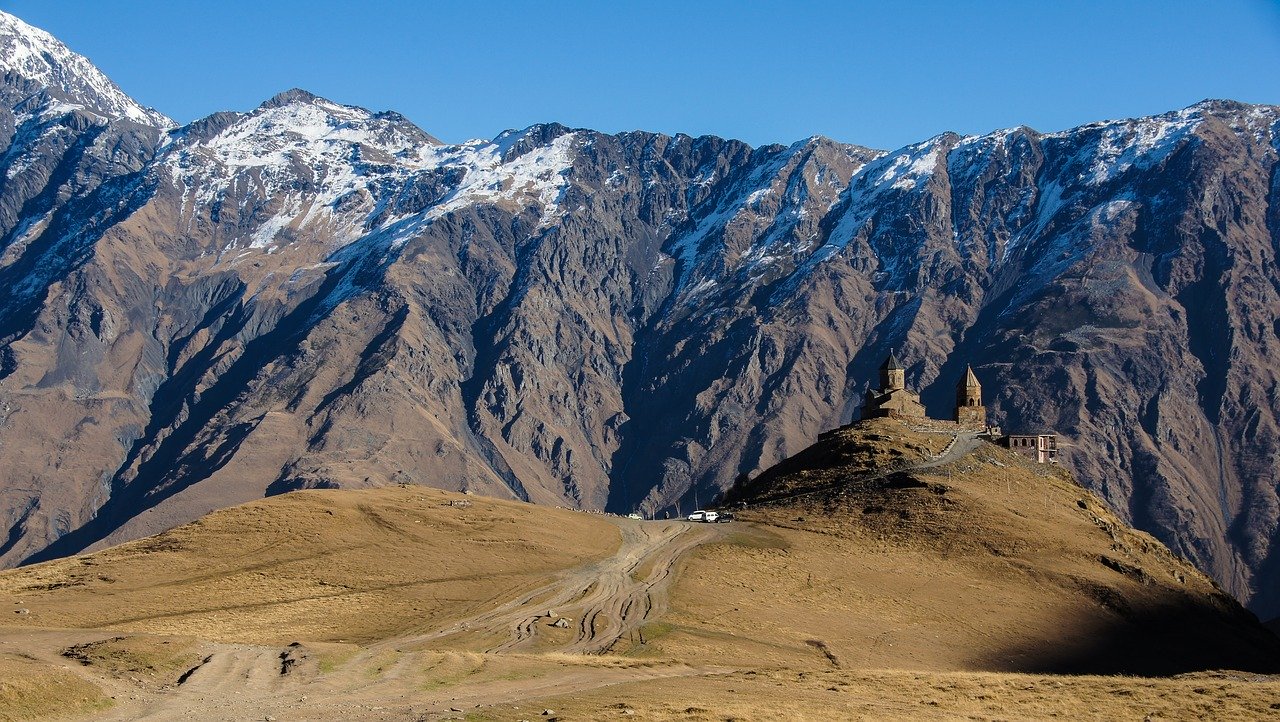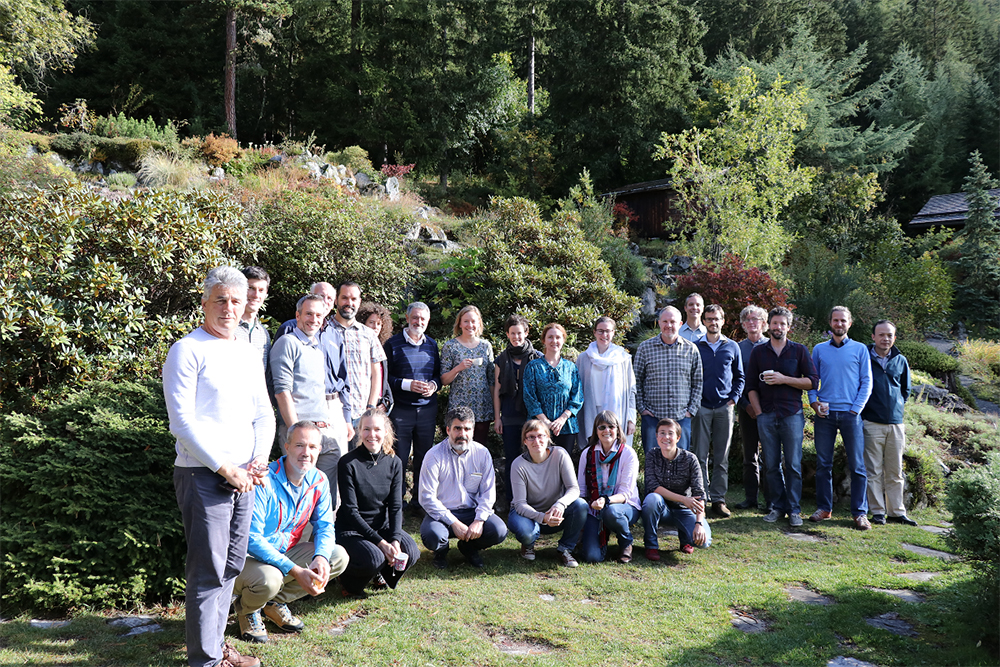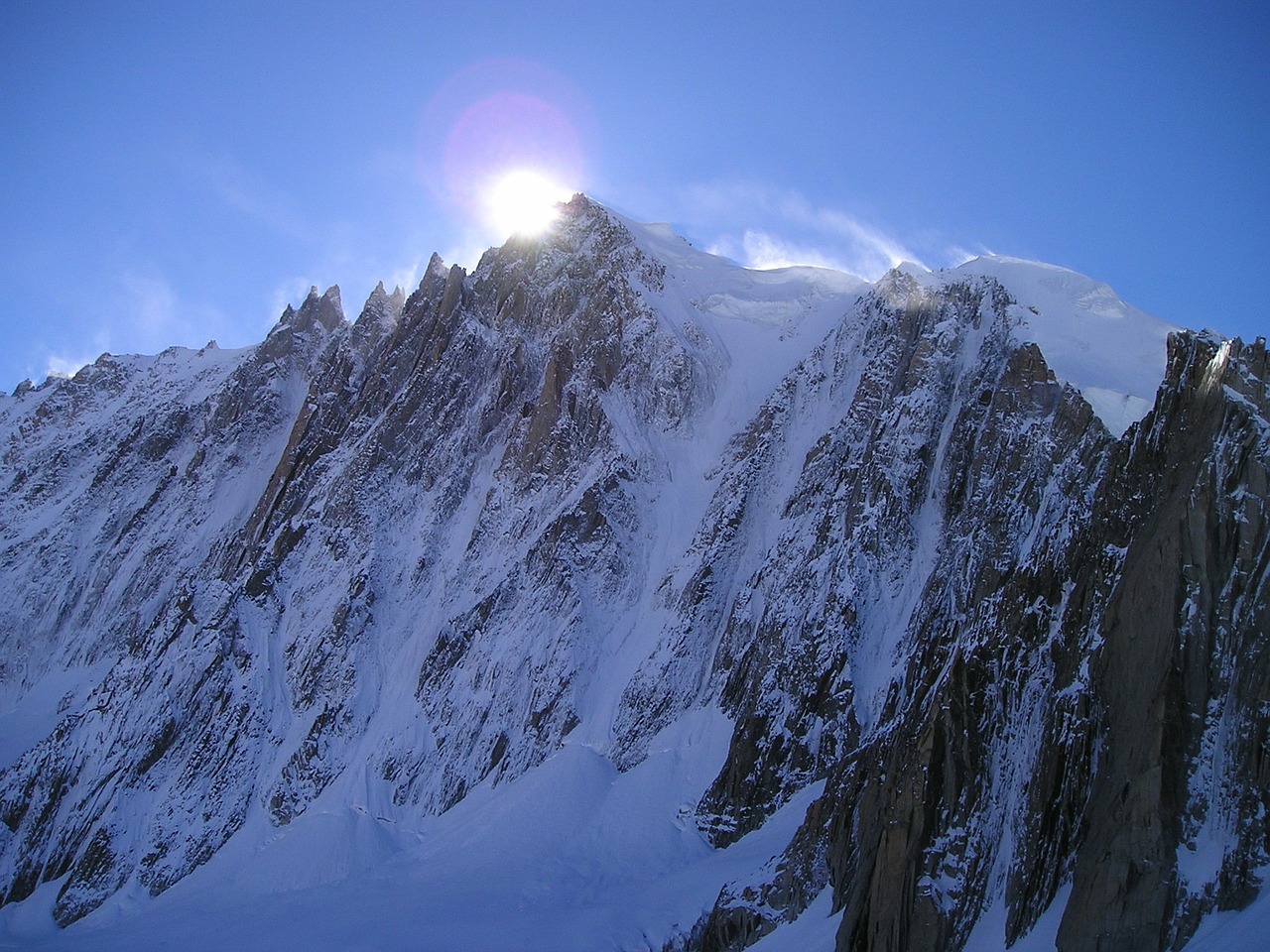MRI News
- Details
- Category: MRI News
During the UN Climate Change Conference COP25, the MRI celebrated International Mountain Day 2019 on 11 December by raising a voice for mountains at this important event.
The UN Climate Change Conference COP 25 (2 – 13 December 2019) took place in Madrid, Spain under the Presidency of the Government of Chile and with logistical support from the Government of Spain. The conference was designed to take the next crucial steps in the UN climate change process. Following agreement on the implementation guidelines of the Paris Agreement at COP 24 in Poland last year, a key objective of COP25 was to take steps towards the full operationalization of the Paris Climate Change Agreement.
- Details
- Category: MRI News
The pace of contemporary rise in greenhouse gas concentrations is unprecedented in climate history over the past 66 million years and weather extremes are the 'new normal,' according to some of the latest findings in climate science compiled in an easy-to-read guide for negotiators, policymakers, and media for the COP25 summit in Madrid. MRI Executive Director Carolina Adler was among the publication's contributing authors.
10 New Insights in Climate Science was presented to UNFCCCs Executive Secretary Patricia Espinosa at the United Nations Framework Convention on Climate Change 25th Conference of the Parties (COP25) in Madrid, 6 December, 2019, and distributed to negotiators and journalists.
The report highlights the most recent advances over the last 12 months in the scientific understanding of the drivers, effects, and impacts of climate change, as well as societal responses. It is the third annual publication by Future Earth and The Earth League, two major international organizations representing networks of global sustainability scientists. It summarizes recent Earth-system science, policy, public health, and economic research.
- Details
- Category: MRI News
During GEO Week 2019, a workshop focused on GEO initiatives’ contributions to assessing ecosystem changes and vulnerabilities due to climate change was held. Among the organizers was the MRI co-led GEO Global Network for Observations and Information in Mountain Environments (GEO-GNOME), with the MRI in attendance to represent this important initiative for our changing mountains.
Ecosystems face multiple stressors from human activities and climate change. In order to address these stressors and sustain ecosystem benefits, evidence-informed conservation, management, and restoration policies are urgently needed. To aid this decision-making, the effective monitoring, modelling, and understanding of the state of and trends in ecosystem conditions, functions, and services under current and future stressors is essential.
- Details
- Category: MRI News
The MRI-funded synthesis workshop 'WEATHER' brought researchers from different countries together in Lima, Peru in order to discuss the scope, strengths, and weaknesses of both traditional and innovative survey methods used to study glacier retreat and dynamics in the Andes, and to identify future research priorities.
The Andes contain a great number of tropical glaciers, and the meltwater they supply is an essential resource for people downstream who depend on it for irrigation and sanitation. Understanding glacier processes and implementing adequate science-based adaptation strategies to mitigate the impacts of climate change requires an interdisciplinary approach. The synthesis workshop 'WEATHER: a scientific approach to Water sEcurity and climATe cHange adaptation in pEruvian glacieRs' was an opportunity for investigators from different countries to come together to share their research, methodologies, and objectives, as well as serving as a networking platform for potential collaborations.
- Details
- Category: MRI News
The MRI is supporting a call issued by the Association of Polar Early Career Scientists – in collaboration with other early career associations and networks – for early career researchers from various disciplines to come together to produce a group review of the Intergovernmental Panel on Climate Change Working Group I contribution to the Sixth Assessment Report.
The Working Group I (WGI) contribution to the Intergovernmental Panel on Climate Change (IPCC) Sixth Assessment Report (AR6) is due to be finalized in 2021. The Second Order Draft of the IPCC AR6 WGI report will be open for expert review from 2 March to 26 April 2020.
- Details
- Category: MRI News
The Second Caucasus Mountain Forum brought together around 200 scientists, governmental experts, and practitioners to explore opportunities and challenges, and contribute towards the improved coordination of sustainable development in the Caucasus region.
Building on the First Caucasus Mountain Forum (CMF), which took place in 2016, the Second CMF 2019 was held in Ankara, Turkey, from 30 October to 1 November. The event brought together participants from the six countries of the Caucasus Ecoregion, as well as representatives from Austria, Estonia, Italy, Switzerland, Slovakia, Slovenia, Norway, the United Kingdom, and Ukraine. It was hosted by the Department of Geography at Ankara University, and co-chaired by MRI Chair Jörg Balsiger and Mehmet Somuncu, Director of the Centre for Environmental Studies and Head of the Department of Geography at Ankara University. MRI SLC member Andreas Muhar was also in attendance, presenting during the thematic session on 'Education for Sustainable Development.'
- Details
- Category: MRI News
This workshop aimed to deliver a synthesis of how mountain long-term social-ecological research (LTSER) programmes support global policy agendas and UN conventions, and how to strengthen their contribution. It was an activity of the Global Mountain Biodiversity Assessment Working Group on Long-term Social-ecological Research in Mountains, and funded by the MRI as part of the Call for Synthesis Workshops 2019.
In October, 22 experts from 12 different countries came together in the botanical garden of Champex-Lac in Switzerland to discuss the contribution of long-term social ecological research (LTSER) in mountains to global agendas and conventions. The objective of the workshop was to deliver a synthesis of how mountain LTSER currently support global policy agendas and UN conventions, and how their contribution could be improved and strengthened in the future.
- Details
- Category: MRI News
A High Mountain Summit has issued a Call for Action in the face of rapid melting of the Earth’s frozen peaks and the consequences for food, water, and human security, as well as for ecosystems, the environment, and economies.
The three-day summit, convened by the World Meteorological Organization and a wide range of partners, identified priority actions to support more sustainable development, disaster risk reduction, and climate change adaptation both in high-mountain areas and downstream.




